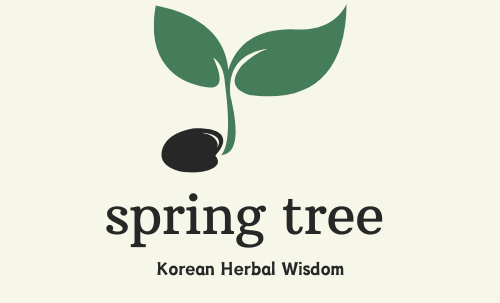Explore the soothing benefits of ginger, a natural remedy for cold relief, digestion support, and easing nausea. Learn how to enjoy ginger in your daily wellness routine.
Ginger: A Natural Remedy for Cold Relief and Digestive Comfort
Ginger, known as Gangang in traditional herbal medicine, has been cherished for centuries across Asia for its warming, soothing effects. Whether you’re dealing with the chills from a winter cold or just want to calm an upset stomach, ginger offers a gentle, natural boost to support your health. From easing nausea to warming the body and aiding respiratory health, ginger can be a valuable addition to your wellness routine.
The Health Benefits of Ginger(생강)
Ginger is loaded with properties that make it incredibly versatile and effective for various health concerns. Here are a few of its most notable benefits:
Warming and Cold-Relieving Properties: Ginger’s warming qualities help to release cold from the body, making it perfect for cold winter days. When enjoyed as a tea, ginger not only warms you from the inside out but also supports your immune system, providing relief from chills, coughs, and other winter-related symptoms.
Supporting Digestion and Relieving Nausea: Ginger has a long history as a natural digestive aid, gently stimulating the digestive system and helping to relieve nausea, bloating, and general discomfort. Simply adding fresh ginger to your meals or drinking it as a tea can help soothe a sensitive stomach and support smooth digestion.
Clearing Phlegm and Easing Respiratory Congestion: The spicy compounds in ginger help thin mucus, making it easier to expel and clear up respiratory passages. Its mild anti-inflammatory properties can also calm sore throats and relieve chest congestion. For those battling colds or congestion, ginger tea or broth offers a gentle way to breathe a little easier.
Botanical Profile of Ginger
Ginger is a perennial herb, typically growing to a height of 50 to 80 cm. It has a thick, aromatic root (or rhizome), which is where most of its beneficial compounds are found. With a pale yellow or off-white interior and a distinct spicy aroma, ginger root is unmistakable in both appearance and scent. Ginger’s leaves are large, and it blooms with small flowers in late summer, though the root is the most commonly used part.
Parts Used and Harvesting Season
The part of ginger used for medicinal and culinary purposes is the root, which is primarily harvested in the fall and winter. After harvest, the root is cleaned, peeled, and often dried to concentrate its effects and extend shelf life. Dried ginger can be stored and used anytime for a quick remedy, especially handy during colder months when colds and chills are more common.
Properties and Characteristics
Ginger has a warming nature and a spicy, invigorating taste, making it an ideal remedy for those who often feel cold or chilled. Its warming qualities align ginger with the lungs, stomach, and spleen in traditional Eastern practices, making it suitable for digestive and respiratory support. Ginger’s slightly warming effects are gentle yet effective, allowing it to be used daily to help alleviate coldness, digestive sluggishness, and respiratory discomfort.
How to Use Ginger and Key Tips
Ginger is easy to enjoy as a tea or decoction. To prepare, add 3-10 grams of dried ginger to 700 ml of water and simmer on low heat until the liquid reduces by half. Divide this tea into 2-3 servings per day for the best results. For added benefits against nausea or phlegm, try pairing ginger with banha (Pinellia root), a combination known to enhance ginger’s soothing effects.
Ginger is generally safe and gentle, but it’s always wise to use it mindfully. Those with a tendency toward heat sensitivity or who naturally feel warm should consume ginger in moderation. If you’re pregnant or have specific health concerns, check with a healthcare provider before adding large amounts of ginger to your routine.
Conclusion
Ginger is a truly versatile herb with multiple uses, from warming up cold symptoms to aiding digestion and respiratory health. Whether you’re sipping ginger tea or adding it to broths, this flavorful herb can be an easy and effective way to stay cozy and supported throughout the colder months. Ginger offers a comforting way to embrace nature’s healing touch, helping you stay warm, healthy, and balanced as the seasons change.
